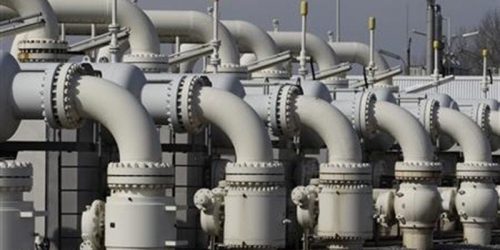The Oil and Gas Regulatory Authority (OGRA) announced its decision to raise the average price of gas by as much as Rs13.42, to the horror of industries across the country. Given that billions have been spent in recovering losses as well as in improving supply and distribution systems, there should be no reason for such a dramatic hike. If we are to facilitate a nationwide economic boost, the government must work towards protecting industries from the pitfalls that might accompany this increase in price so that competitiveness and levels of output remains consistent.
According to the Federation of Pakistan Chambers of Commerce and Industry, this move would hamper the country’s balance of trade—particular affecting the exports of value-added products which is often thought of as our only ticket out of economic stagnancy.
The cost of production would increase dramatically since, contrary to popular perception, most of our industrial processes are still heavily reliant on the provision of gas. As such, a two percent increase in SNGPL and a 5.6 percent increase in SSGC is bound to cripple various companies as they already battle the complications that the pandemic has induced.
In the end, not only will this eliminate certain producers who are unable to compete with the market but the masses will bear the brunt in the form of rising product prices. If the government of Pakistan is to go along with OGRA’s proposed alteration, the likelihood of previous efforts to make gas a cheaper commodity for various stakeholders, through reducing losses, investing in structural improvement and amplifying overall supply, being reversed will increase dramatically. As such, the next few steps should be taken with careful consideration of all the industries that will be adversely affected, thereby taking a toll on the economy as a whole.







